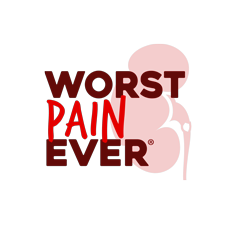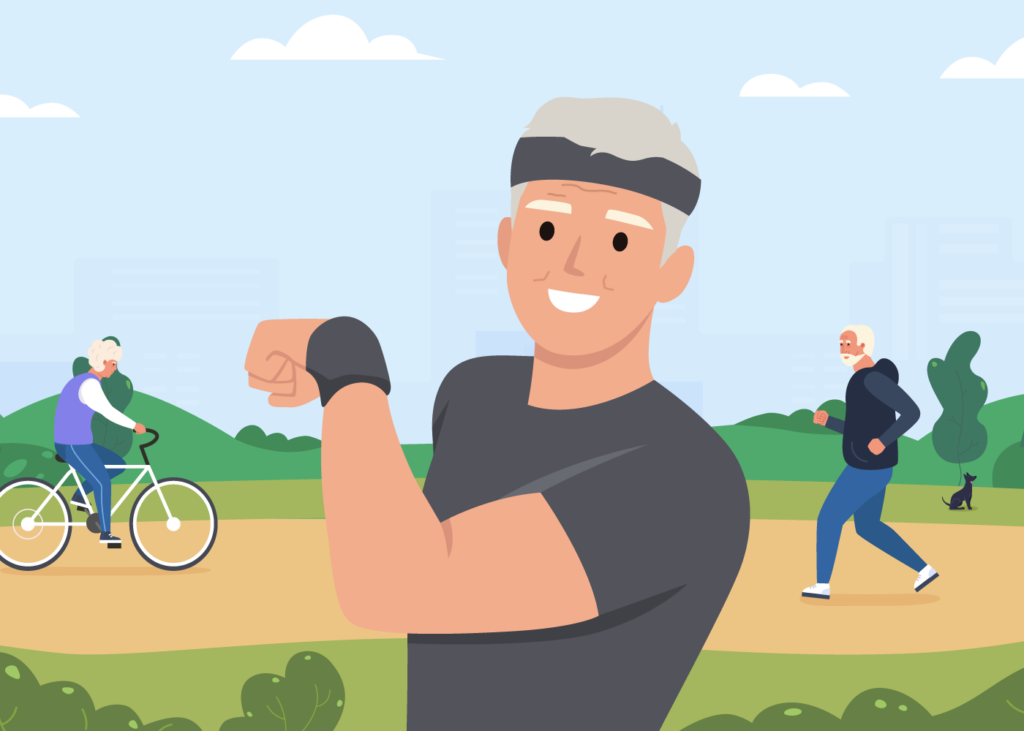Veganism has been on the rise, spurred by its reputation as the healthier, more ethical diet. While eating more vegetables is definitely good for you1, eating only plants and plant-based products may not be the best option if you’re prone to developing kidney stones. We delve into the science to find out!
What is a vegan diet?
A vegan diet, also known as a plant-based diet, consists of only plants and their derivative products. This includes vegetables, grains, fruits and plant-based milks. Vegans typically avoid consuming any meat, seafood or animal byproducts, including eggs, honey and yogurt.
Why do people believe that a vegan diet is good for kidney stones?
Controlling your intake of animal protein is a common piece of advice that is given to kidney stone formers.
Animal protein, such as red meats and shellfish, are high in purines, which can lower your urinary pH, making your urine even more acidic. This creates an environment where uric acid stones are more likely to form2.
High protein intake also lowers your urinary citrate excretion. Urinary citrate helps to prevent the formation of calcium stones by forming soluble complexes with calcium ions and hindering crystal growth3.
A metabolic study conducted in 2002 also found that participants on a low-carbohydrate, high-protein diet had a significantly higher acid load to their kidney and an increased risk of kidney stone formation4.
With the known negative consequences of excessive animal protein intake, some kidney stone patients believe that having a vegan diet would eliminate such risks of kidney stone formation entirely. It is important to note that these findings only point at the importance of controlling your animal protein intake – not avoiding it entirely!
Are vegan diets better for kidney stone patients?
No. Ironically, kidney stone formers on a vegan diet may be putting themselves at higher risk of developing calcium oxalate and uric acid stones.
Some vegetables, such as spinach, tomatoes and beetroots, are extremely high in oxalate, though are healthy options. Having a vegan diet that is centred around such vegetables can be detrimental for calcium oxalate stone formers, who typically would benefit from an oxalate-controlled diet5.
The elimination of dairy products can also contribute to higher uric acid levels6, which would increase your risk of forming uric acid stones. In a comparative study of meat-eaters, fish-eaters, vegetable-eaters and vegans, researchers from the University of Oxford found that those who are on a vegan diet had the highest serum concentration of uric acid7!
So should I go vegan or not?
Having a well-balanced diet that addresses your specific kidney stone risk factors is key to stone prevention. A lacto-ovo vegetarian diet, i.e. a primarily plant-based diet that allows for dairy and egg consumption, could potentially be a better option than a pure vegan diet8 for kidney stone patients.
Our advice: Try to Always speak to your doctor or a dietician before starting a new diet, especially if you have a history of kidney stones. They would be able to advise you on the types of plant or animal products that you should be including (or excluding!) from your diet.
If you need more information on kidney stone risks and dietary recommendations, try UroGPT™ for personalized support.
Sources:
-
U.S. Department of Agriculture. (n.d.). Vegetables. MyPlate. Retrieved June 3, 2022, from https://www.myplate.gov/eat-healthy/vegetables
-
Ferraro, P. M., Bargagli, M., Trinchieri, A., & Gambaro, G. (2020, March 15). Risk of kidney stones: Influence of dietary factors, dietary patterns, and Vegetarian–Vegan Diets. MDPI. Retrieved June 3, 2022, from https://www.mdpi.com/2072-6643/12/3/779/htm
-
Caudarella, R., & Vescini, F. (2009, September). Urinary citrate and renal stone disease: The preventive role of alkali citrate treatment. Archivio italiano di urologia, andrologia : organo ufficiale [di] Societa italiana di ecografia urologica e nefrologica. Retrieved June 3, 2022, from https://pubmed.ncbi.nlm.nih.gov/19911682/
-
Reddy, S. T., Wang, C.-Y., Sakhaee, K., Brinkley, L., & Pak, C. Y. C. (2002, August). Effect of low-carbohydrate high-protein diets on acid-base balance, stone-forming propensity, and calcium metabolism. American journal of kidney diseases : the official journal of the National Kidney Foundation. Retrieved June 3, 2022, from https://pubmed.ncbi.nlm.nih.gov/12148098/
-
Harris, J. (n.d.). How To Eat A Low Oxalate Diet. University of Chicago Kidney Stone Evaluation and Treatment Program. Retrieved June 6, 2022, from https://kidneystones.uchicago.edu/how-to-eat-a-low-oxalate-diet/
-
Dalbeth , N. D., & Palmano, K. (2011, April). Effects of dairy intake on hyperuricemia and gout. Current rheumatology reports. Retrieved June 3, 2022, from https://pubmed.ncbi.nlm.nih.gov/21188562/
-
Schmidt, J. A., Crowe, F. L., Appleby, P. N., Key, T. J., & Travis, R. C. (2013, February). Serum uric acid concentrations in meat eaters, fish eaters, vegetarians and vegans: A cross-sectional analysis in the epic-oxford cohort. PloS one. Retrieved June 3, 2022, from https://www.ncbi.nlm.nih.gov/pmc/articles/PMC3572016/
-
Nouvenne, A., Ticinesi, A., Morelli, I., Guida, L., Borghi, L., & Meschi, T. (2014, September). FAD diets and their effect on urinary stone formation. Translational andrology and urology. Retrieved June 3, 2022, from https://www.ncbi.nlm.nih.gov/pmc/articles/PMC4708571/#sec3title





